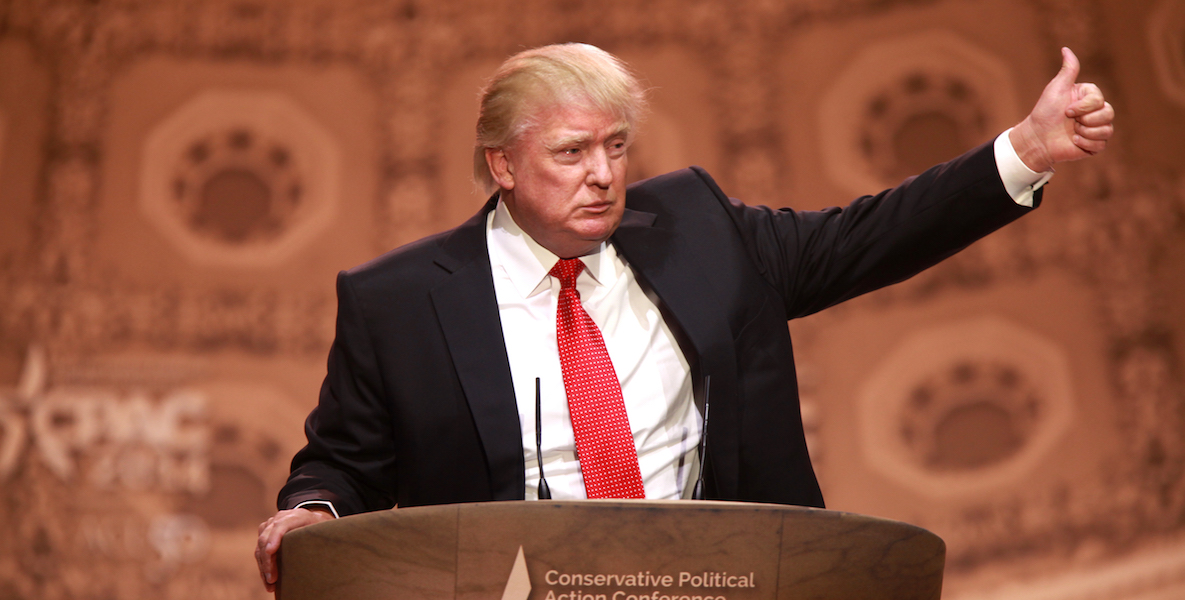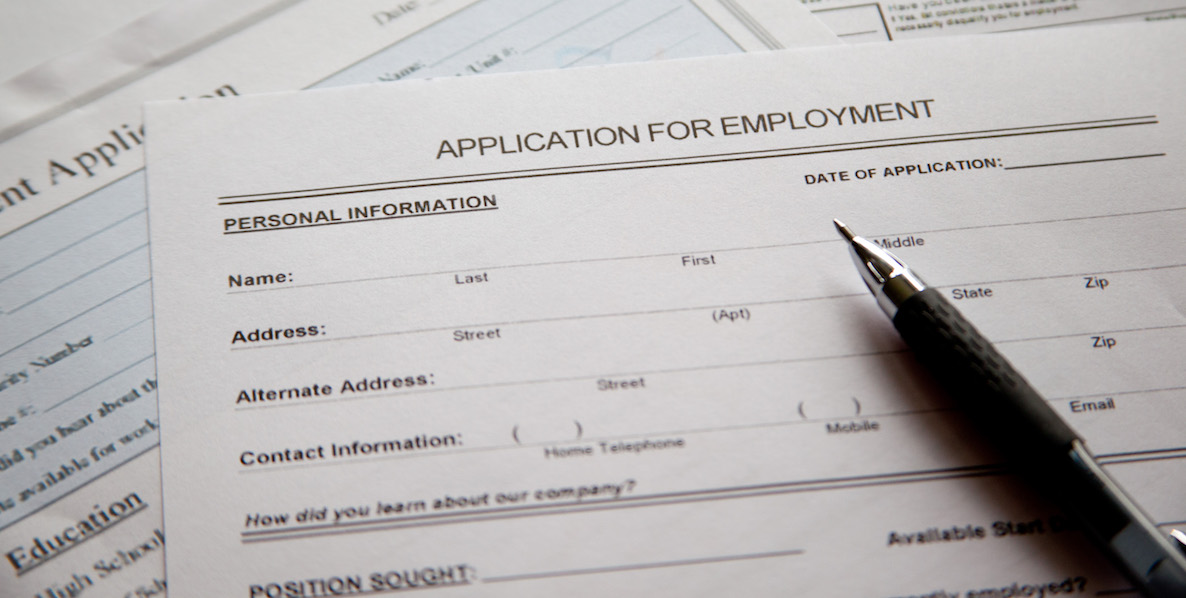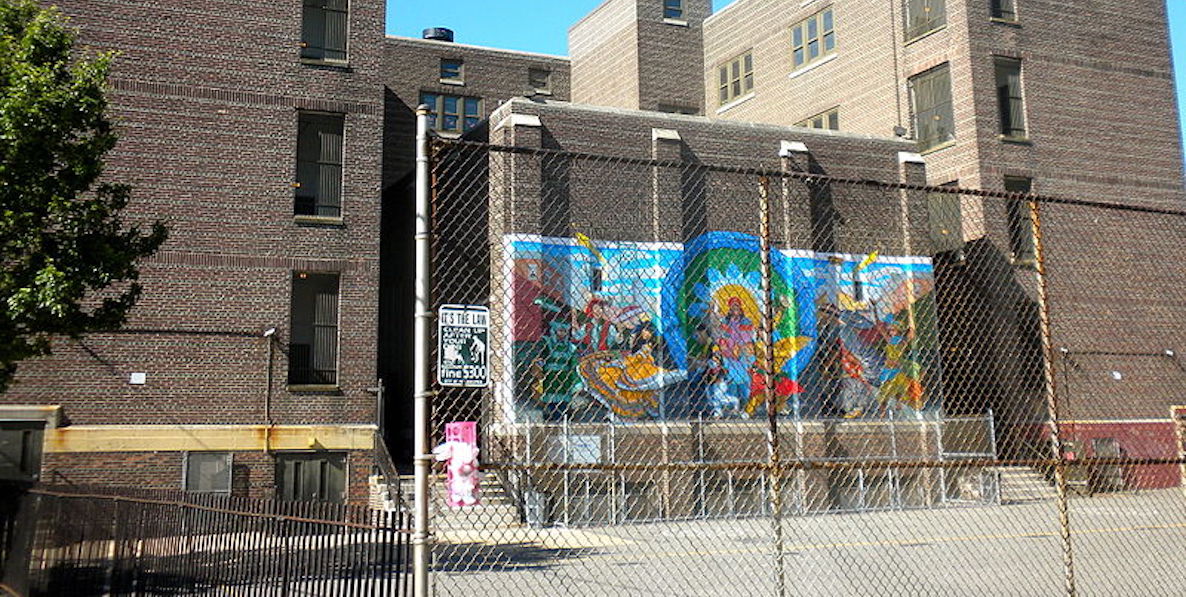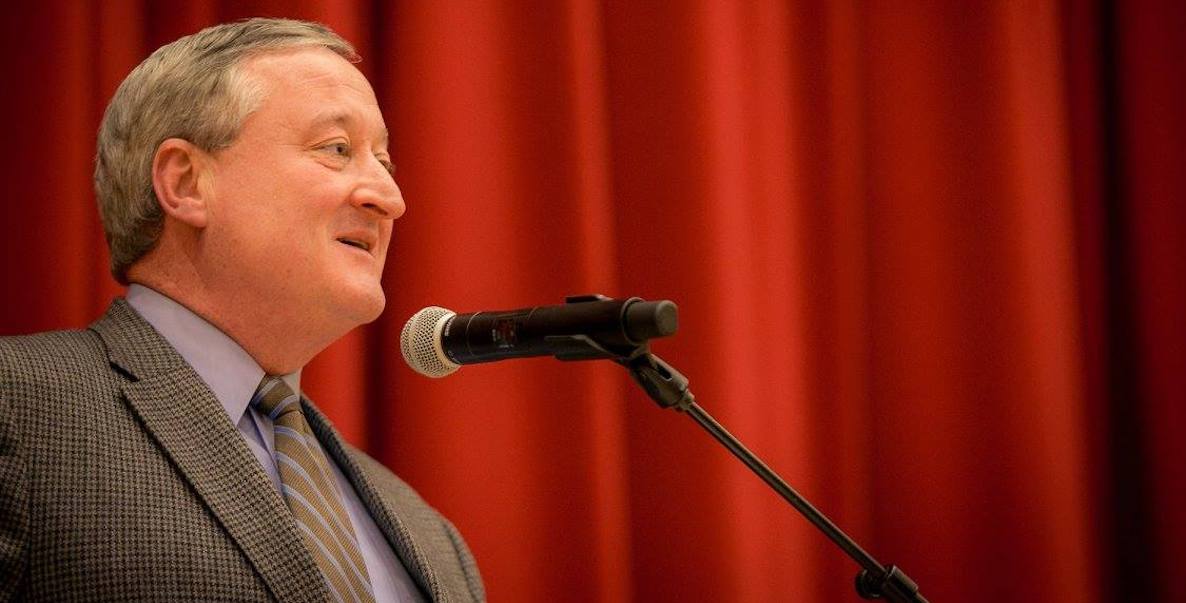Remember the mayoral campaign of 2015, when then-candidate Jim Kenney talked about the importance of funding pre-K and refurbishing neighborhood parks and rec centers? Many of us were supportive, particularly because the mechanism he’d targeted to fund these much-needed programs didn’t involve new taxes but, rather, an innovative budgeting practice that has worked elsewhere.
It’s called zero-based budgeting, and it essentially involves rebooting each city department’s annual budget, building from $0 on up, until reaching an amount that aligns with the agreed-upon core mission. In Montgomery County six years ago under then-County Commissioner Josh Shapiro, it turned a $10 million budget hole into a $1.6 million surplus. Candidate Kenney, briefed on the success by Shapiro, pledged that zero-based budgeting would yield $80 million to fund pre-K here.
Alas, Mayor Kenney quickly abandoned the plan and went old school instead. Labor leader John Dougherty—who takes credit for having elected Kenney—muscled through Council a tax that Councilman Kenney (and Dougherty, ironically) had opposed when Mayor Nutter sought a similar version: A 1.5 cents-per-ounce tax on more than 4,000 sweetened beverages, commonly called a soda tax. In the years since, the tax, which has seen a two-liter bottle of soda go up by $1.01 and a 12-pack by $2.16, has proven to be regressive—that is, disproportionately harmful to the lesser well-off. It’s also unreliable as an ongoing funding mechanism. It’s on track to come in some $25 million shy of its projected $90 million in revenue.
That’s not exactly a stable way to fund your signature policy initiatives. But now comes a way out of the dilemma, imperfect though it is: I’m opposed to new taxes, but there may be the option of a less regressive tax than the soda tax. Strangely, Kenney is fighting the potential solution.
Today, the state legislature may take up a bill pushed by the beverage industry and retail groups that would eradicate Kenney’s tax by preventing, or “preempting,” local governments from taxing food and beverage grocery items. At the same time, there is talk of a companion compromise for the city of Philadelphia, attaching to the preemption legislation the option for City Council to raise the local sales tax of 8 percent—which is already some 2 percentage points higher than in the surrounding region—by either .5 or .25. At .5, the sales tax is projected to generate $82 million; at .25, $41 million.![]()
Yet Kenney and Council President Darrell Clarke are vociferously, and disingenuously, lobbying against the measure—doubling down, in other words, on a tax that disproportionately hurts comparatively poorer members of their constituency, as well as low-margin small businesses like bodegas and grocery stores. Moreover, as the tax continues to discourage the consumption of sugary drinks, it promises to bring in steadily less revenue in the future.
In a letter to Philadelphia lawmakers, Kenney and Clarke wrote that raising the sales tax would “drive individuals over the city border to purchase goods and services…and have a devastating impact on the retail industry that the beverage industry lobbyists now claim is caused” by the soda tax.
While that may be true for bigger ticket items—cars, for example—a .25 sales tax increase amounts to 25 cents of every hundred dollars. In other words, by taxing a broader base than the soda tax, the pain of the tax is not only lessened, it’s also distributed more fairly. For his part, Clarke has argued that the preemption legislation would imperil the city’s 10 percent liquor by the drink tax, conveniently glossing over the fact that a 1971 state law, which would remain unaffected by this preemption legislation, specifically gave Council the right to impose the alcohol tax.
So what’s really going on here? I’m with Kenney on the need for pre-K and Rebuild. But why—in stark contrast to what he said as a candidate and to how he acted as a Councilman—does he seem more committed to the way we’re funding these programs than he is to the programs themselves? If there’s a more fair and more reliable way to meet his policy goals, why isn’t that enough? Some in our city are addicted to sugary beverages. Jim Kenney seems addicted to the sugary beverage tax.
Here are a few theories:
PR and Legacy. Two years ago, when Philadelphia became the first big city in America to pass a soda tax, it made national news. Suddenly, Kenney was a darling of the progressive movement, even though his reasoning for seeking the beverage tax had never been health-related, which had theretofore been the prime reason for taxing sugary drinks—the latest in a litany of “sin” taxes.
Remember, Kenney spent more time during the 2015 campaign oddly talking about reinvigorating our ports as engines of economic development (how’s that coming?) than he did laying out any real vision for where Philadelphia needed to go in order to be a 21st Century city. When the soda tax garnered such national hype, the mayor caught a glimpse of what could become his legacy. Problem is, that would prove to be short-lived. Taxing, in and of itself, is not a governing accomplishment.
The Nutter Factor. It will drive Kenney crazy to be compared to President Trump, but he’s exhibited much of the same modus operandi as the dour, narcissist-in-chief. He vilifies those who disagree with him, like grocer Jeff Brown, who services food deserts, and “Big Soda,” the dismissive moniker for beverage industry leaders, a nod to Big Tobacco.
And, also like Trump, he seems driven to one-up his predecessor. How else do you explain Kenney being opposed to Nutter’s soda tax before he was for it once he took office? This was a chance to define himself in terms relative to his predecessor, to do what Nutter couldn’t, by making the soda tax “for the kids,” even though a good portion of the proceeds aren’t even going to pre-K as advertised.
The Bloomberg Debt. The big money in the nearly three-year-old soda tax debate has been represented, on one side, by the American Beverage Association, and, on the other, by major donors like Michael Bloomberg.
I’m a huge fan of the way Bloomberg turned New York City around as mayor. He made it safer, more prosperous, and adopted pro-growth policies to shrink its poverty rate by 4 percent, the largest big city reduction in the nation.
And I’m on board with the health benefits sought by Bloomberg’s efforts to fund taxes that reduce the consumption of beverages that lead to skyrocketing obesity and diabetes rates. But notice that taking on big soda wasn’t the first thing he did out of the gate as mayor of New York. First, he focused on crime, education and jobs, jobs, jobs. It wasn’t until he’d been in office a decade that he tried to limit the size of soft drinks—before the courts ruled that he’d exceeded his regulatory authority.
Kenney, on the other hand, found himself in year one of his mayoralty running the most impoverished big city in America…and opted to pass a tax that disproportionately burdened those most in need of help.
Now that an alternative—and more reliable—tax than the one on sugary drinks is possible, it would not be surprising if Kenney, in light of Bloomberg’s largesse up to now, feels indebted and unable to deviate at this late date from the soda tax script.
Look, in an ideal world, we should have no new taxes, particularly when this Mayor, in the case of the missing millions, has proven incapable of being a ![]() reliable steward of the money taxpayers have already given him. Clarke has made the case that the state’s preemption law sets a dangerous precedent by encroaching upon the city’s ability to take measures to help itself. He’s right. On the other hand, how have we been doing on that score under Kenney and Clarke’s leadership? We haven’t exactly been lighting the world on fire in terms of adopting smart, pro-growth policies, have we?
reliable steward of the money taxpayers have already given him. Clarke has made the case that the state’s preemption law sets a dangerous precedent by encroaching upon the city’s ability to take measures to help itself. He’s right. On the other hand, how have we been doing on that score under Kenney and Clarke’s leadership? We haven’t exactly been lighting the world on fire in terms of adopting smart, pro-growth policies, have we?
Facts remain stubborn things. Kenney inherited from Nutter a $3.9 billion budget and, in three short years, raised that to $4.6 billion—and is seeking yet another property tax on top of that. That’s an 18 percent increase at a time when the federal and state governments have let the city know that we’re on our own more than at any time in recent history. What do you do when there’s no one left to tax? Our economic growth rate of 1.9 percent places us a lowly 23rd of the top 25 cities.
Again, this is not a brief for more taxes. But replacing the soda tax with a sales tax bump is really replacing a bad tax with a marginally less bad tax. That the mayor has fought it only raises again the question: Why does he care more about a particular tax than he does about securing fairer funding for the programs he advocates for and that we all want to see?
Header image: Facebook





